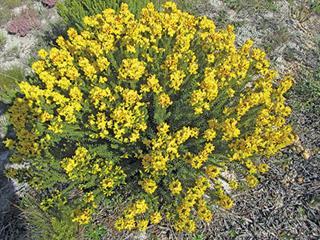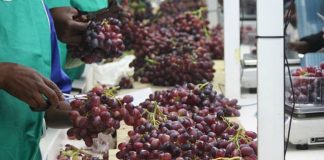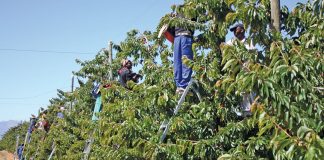
This follows the recent conclusion of negotiations between the EU and SADC around a new Economic Partnership Agreement (EPA).
A statement from the Department of Trade and Industry said that it had negotiated for a protocol on GIs “because we have an interest in protecting the names of the many South African wines we export to the EU, and we have a growing interest to protect the names of specialised South African agricultural products, such as rooibos and honeybush”.
The European Commission defines a GI as “a distinctive sign used to identify a product as originating in the territory of a particular country, region or locality where its quality, reputation or other characteristic is linked to its geographical origin.”
The Commission also explained that “the protection of geographical indications matters economically and culturally. They can create value for local communities through products that are deeply rooted in tradition, culture and geography. They support rural development and promote new job opportunities in production, processing and other related services.”
Chairperson of the SA Rooibos Council Dawie de Villiers said he welcomed any advance made by the SA government in finalising GI certification for rooibos and honeybush tea and associated products.
De Villiers explained that this certification would protect these products from being copied. “Potentially any country with a Mediterranean climate and fynbos-type soils [can grow rooibos and honeybush],” he said.
“SA currently exports in the region of 4 000t of rooibos and honeybush products to the EU annually.”












